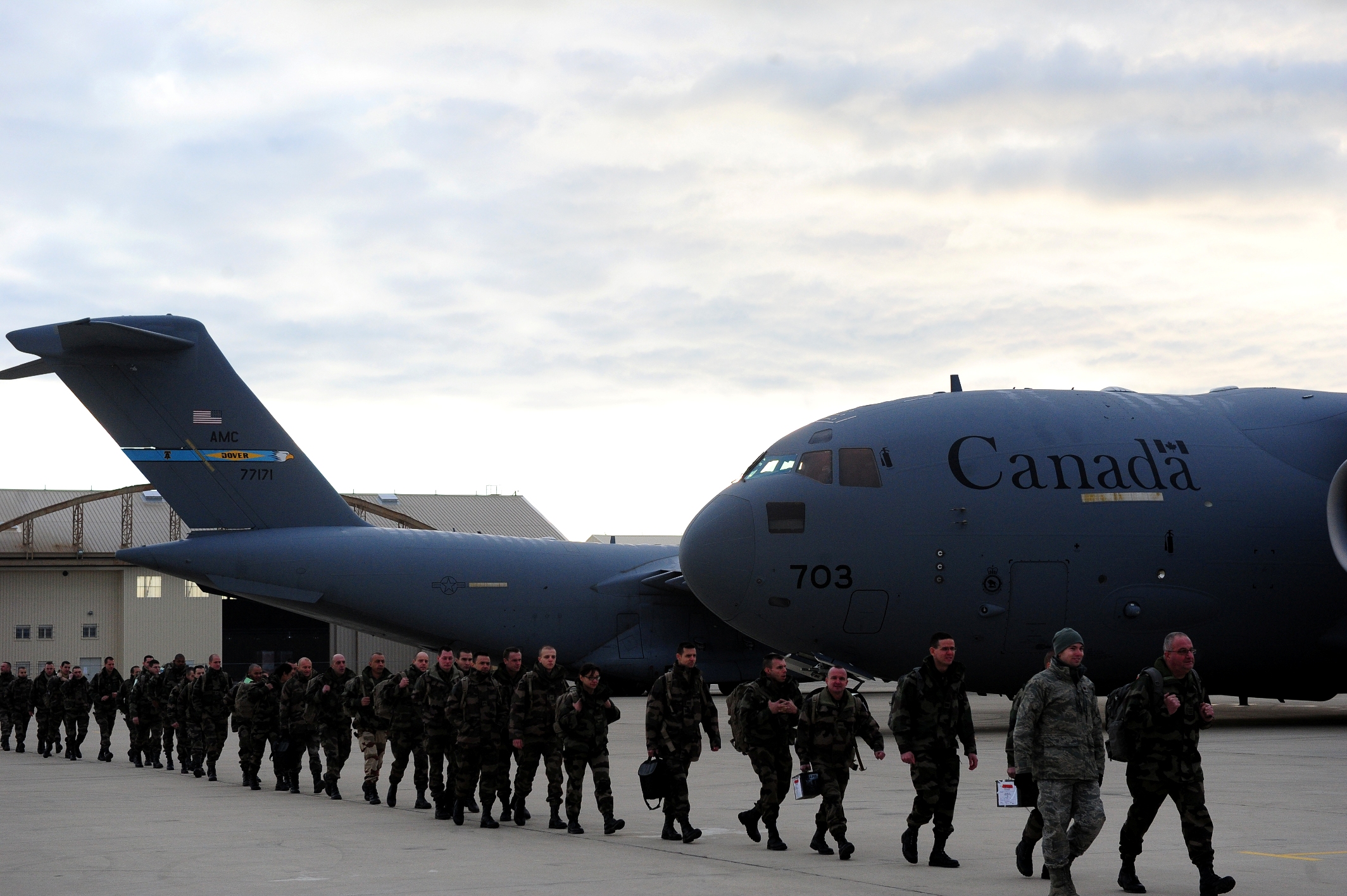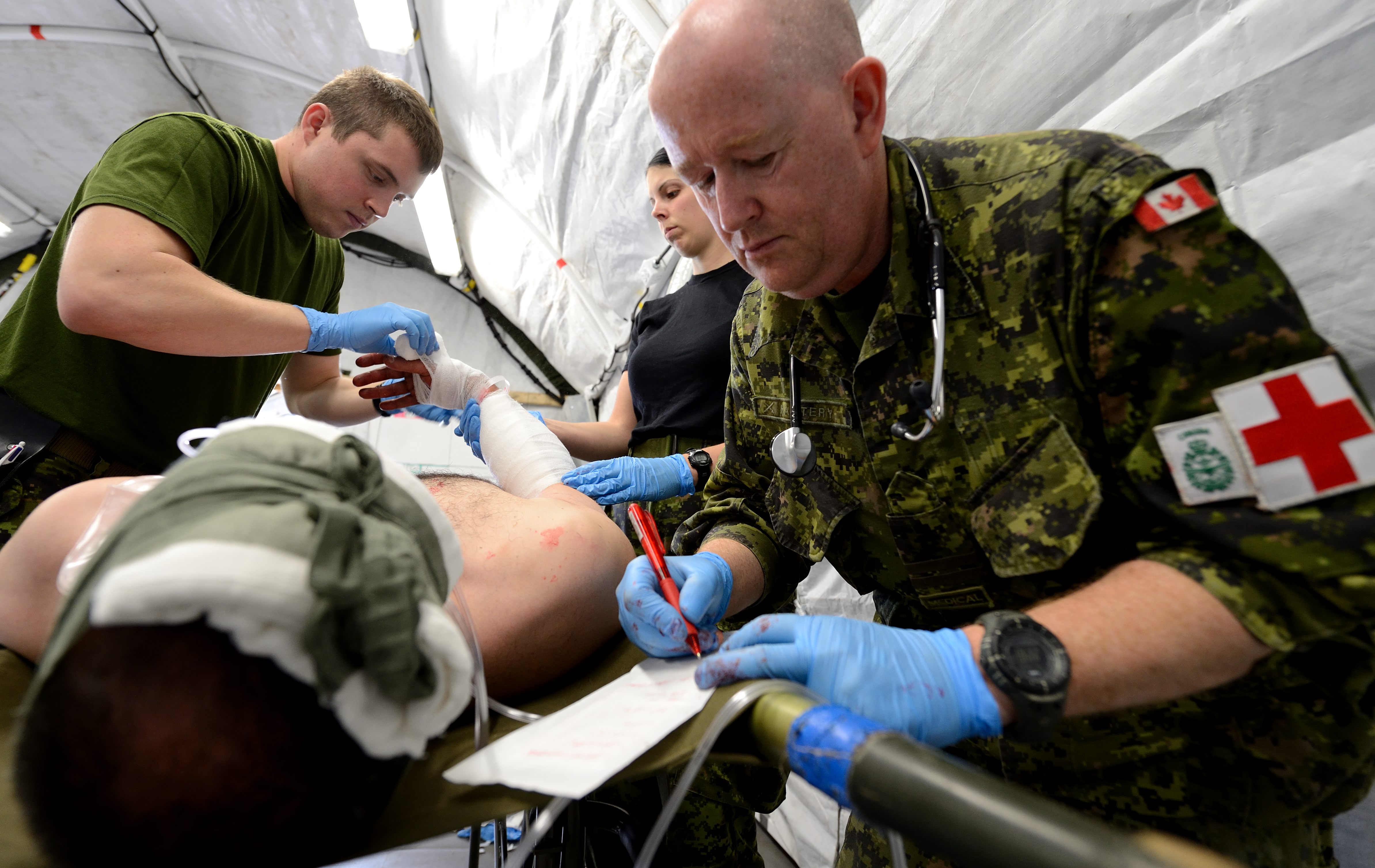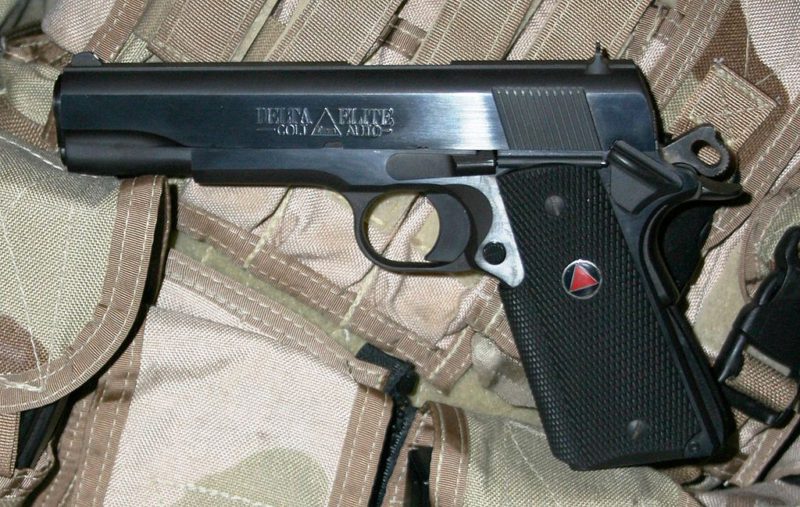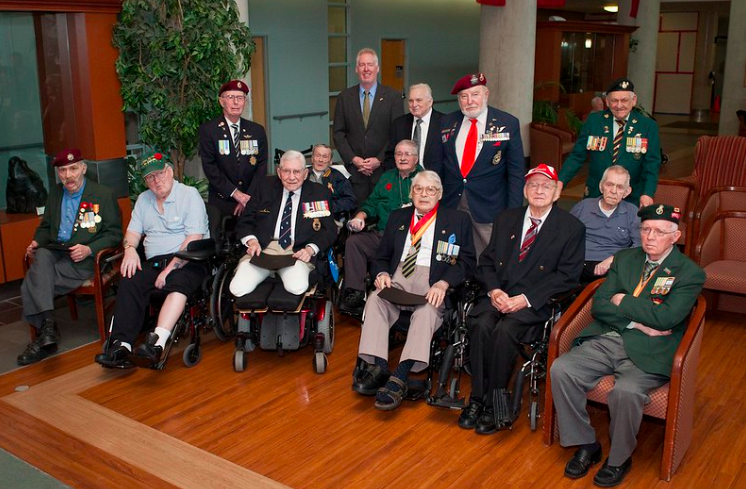The Minister of National Defence, Harjit Sajjan, has been examining opportunities to deploy Canadian soldiers on United Nations peacekeeping missions, in compliance with his ministerial mandate letter. Sources involved in this process have indicated that the United Nations Multidimensional Integrated Stabilization Mission in Mali (MINUSMA), is being considered as a serious option. MINUSMA is among the most dangerous ongoing UN peacekeeping missions.
Since the mission began in 2013, there have been 101 casualties, 27 of which occurred between January and May 2016. On June 29, 2016, the UN Security Council unanimously voted to extend MINUSMA’s mandate until June 30, 2017. Similarly, the Security Council voted to expand the number of peacekeeping troops partaking in MINUSMA from 11,240 to 13,289. MINUSMA is primarily a support mission whereby the UN is helping the Malian government reestablish its operations and authority. The expanded mandate presents an opportunity for the Canadian Armed Forces to participate in an important UN mission. However, participating in MINUSMA is not the most efficient contribution Canada can make. Instead, Canada should consider assisting our NATO ally, France, with its ongoing anti-terrorism operations in Mali and across the Sahel region.
The primary catalyst of the current instability in Mali occurred in January 2012, when the National Movement for the Liberation of Azawad (MNLA), a Tuareg nationalist group, launched an insurrection. The MNLA formed an alliance with three Islamist organizations; al-Qaeda in the Islamic Maghreb (AQIM), Ansar Dine, and the Movement for Unity and Jihad in West Africa (MUJWA). This insurrection achieved several quick military victories in northern Mali.
As a result of these defeats, a group of disaffected Malian government soldiers formed the National Council for the Recovery of Democracy and the Restoration of the State, and overthrew the government on March 22. Unfortunately, this coup further eroded the government’s ability to resist the insurrection. After defeating government troops in Kidal, Gao, and Timbuktu, the MNLA effectively controlled all of northern Mali. On April 6, the MNLA declared the independent state of Azawad. On that same day the Economic Community of West African States and the Malian coup forces agreed to a framework for a transitional government that culminated in the formation of a new government on August 20, 2012.
Despite their initial partnership, the three Islamist organizations betrayed the Tuareg MNLA in June 2012, and seized control of northern Mali. The groups were well armed, having accrued a formidable collection of weapons from the war in Libya and were also well financed through the drug trade, kidnapping ransoms, and external funding. The events surrounding the Tuareg insurrection illustrate the fragility and volatility of Mali. Over the course of six months, an ethnic uprising turned into the creation of a terrorist state.
On January 10, 2013, the Islamist troops struck south into Konna, 680 kilometers north of the capital Bamako, and four days later took control of the town of Diabaly. In the face of the seemingly imminent conquest of the capital, the Malian transitional government requested military assistance from France.
The security of Mali was of great concern to the international community and in particular to France. At the time there were approximately 6,000 French nationals in Mali. Similarly, if the Malian government fell to an Islamist insurgency, the ensuing regional destabilization and international security concerns would be critical. On January 11, French President François Holland launched Operation Serval, to destroy the Islamist insurgents, secure the country, and enable the Malian government to reclaim its territory. Shortly afterwards, the UN established MINUSMA to oversee the political transition as well as assist the Malian government regain sovereignty over their territory. This mandate was expanded in June 2014 to include, among other things, protecting civilians, and supporting the reestablishment of the national government.
Op Serval was a fast and violent affair with several months of combat operations. The French forces quickly engaged the Islamist troops in order to destroy them and deny them the opportunity to disperse among the civilian population. This operation was explicitly combat orientated and not a nation building exercise. The objective was to eliminate the insurgent threat in order to allow the Malian government and people to rebuild. By March 2013, the French military offensive was largely concluded.
Op Serval was successful in thwarting the assault on Bamako and in defeating the Islamist forces in northern Mali so the Malian government could regain their territorial integrity. Unfortunately, the operation was unsuccessful in completely destroying the Islamist forces. The barren geography and lack of governance in northern Mali contribute to the continued presence of extremists. The combat initiative of Op Serval was largely reduced after March 2013; however, the mission did not conclude until July 2014. In August 2014, France launched a follow up mission, Operation Barkhane, which is currently active in Mauritania, Mali, Niger, Chad, and Burkina Faso. The mission objectives are to support local armed forces in destroying terrorist threats, and to prevent the establishment of terrorist controlled areas in the region.
The U.S Department of State annual report on Mali highlights the continued issues surrounding the lack of governance, unsuitable border control, and persisting terrorist activity in northern Mali. This fragility partly explains France’s operational approach. If the issues of ethnic autonomy, particularly with the Tuareg people, are not amicably resolved, a recurrence of the events of 2012 and 2013 is possible. Therefore, the French operations have focused on destroying terrorist insurgencies while staying out of the internal issues of Mali.
If the Government of Canada is interested in making a serious contribution to security and stability, not just in Mali, but also across the Sahel region, Op Barkhane represents a significant opportunity to do so. While the Canadian Armed Forces are more than capable of assisting with MINUSMA, this mission is very dangerous and it remains to be seen what level of success can be achieved. Similarly, success in MUNISMA does not necessarily translate into eliminating the terrorist extremist threat in West Africa. The Canadian Armed Forces have a significant amount of experience operating in combat zones like Iraq and Afghanistan and working with indigenous forces to eliminate terrorist threats. By working with France and the regional allies in Op Barkhane, the CAF will have a greater impact in the eradication of terrorist forces in West Africa, than would be achieved through MUNISMA.
Photo: C-17 transport aircraft from the United States and Canada at Istres-Le Tube Air Base preparing to load French forces (2013), by Senior Airman James Richardson via Wikimedia Commons. Public Domain.
Disclaimer: Any views or opinions expressed in articles are solely those of the authors and do not necessarily represent the views of the NATO Association of Canada.




